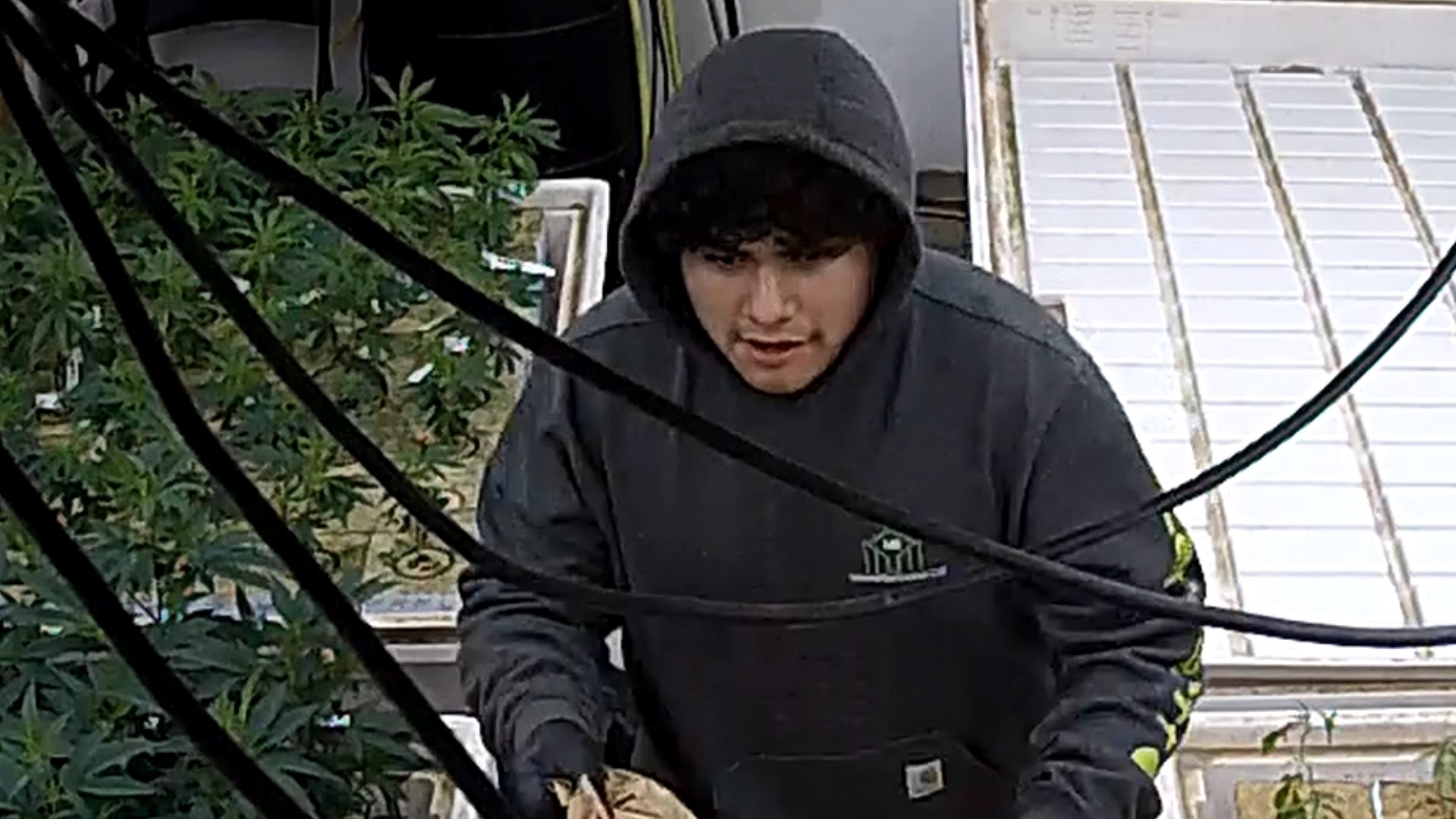HOUSTON -- Mac, the Houston Zoo's 2-year-old Asian elephant calf died Sunday night following a with the elephant herpesvirus.
"The entire Zoo staff is absolutely devastated. It's difficult to put into words and describe the attachment that has developed over the past two years. This is a terrible loss especially for the elephant keepers and veterinary medical staff who cared for Mac during his time with us," said Houston Zoo spokesman Brian Hill.
Video
The people at the zoo weren't the only ones grieving Monday. The gentle giants in the elephant exhibit were also missing Mac.
"They'll grieve just like people will.They're incredibly intelligent animals," said Houston Zoo Director Rick Barongi. "They know he's gone now."
Elephant keepers at the zoo alerted veterinarians Sunday morning when they saw that Mac was exhibiting symptoms of the virus.
"It attacks the blood vessels, causing them to leak and makes the heart work harder to pump blood and essentially have cardiovascular failure," explained Dr. Joe Flanagan, Directory of Veterinary Services at the zoo.
"Our keepers perform regular inspections of all our elephants and are trained to look for indications such as loss of appetite, lethargy, and swelling in certain areas of the head," said Hill.
Also Online
The Zoo's veterinary medical team immediately began administering Famciclovir, an antiviral medication that has shown some limited success in past elephant herpes cases.
"Veterinarians administered two doses of Famciclovir over a period of about 7 hours. The early indications were encouraging. Mac's appetite rallied and he took some water," said Hill.
Related Content
But despite their efforts, Mac died a few hours later with his mother, Shanti, and his aunt, Methai, at his side.
"The keepers and vet staff gave Shanti and Methai time alone to mourn Mac's death," said Hill.
A necropsy will be conducted at the state veterinary diagnostic lab at Texas A&M.
Mac, a mischievious calf and fan favorite, was born at the Houston Zoo on Oct. 1, 2006.
He set a birth weight record for Asian elephants, tipping the scales at 384 pounds.
in an online contest two years ago.
He quickly became the superstar of the pachyderm exhibit.
Mac enjoyed interacting with his keepers and proved to be a good student, learning more than 30 "behaviors," activities that activities that provided exercise for him and gave his keepers the tools they needed to care for him.
While his death was sudden, .
Kimba, a 13-year-old Asian elephant, died there three years ago as a result.
Besides Kimba and Mac, four other elephants born at the Houston Zoo have died from the disease. Three of them died after being transferred to other zoos.
"It's latent. Some animals manifest it. Others live for a long time with it, like our bull elephant and our female," Zoo Director Rick Barongi told 11 News last year.
In 2007, a report by In Defense of Animals has identified the Houston Zoo as one of three hot spots for the virus.
Monday, it issued a statement which reads in part: "by continuing to breed elephants, Houston Zoo is knowingly playing Russian roulette with the lives of these highly-endangered animals.As long as there is so much uncertainty about this fatal virus, no zoo should be breeding Asian elephants."
"The enemy here is the virus and everybody needs to put their resources to finding a cure for this virus," responded Barongi.
The virus was first identified in 1995 by researchers at the Smithsonian National Zoo and Johns Hopkins School of Medicine.
Many animals and humans carry herpesviruses throughout their lives and never become sick. For reasons not fully understood, herpesviruses can come out of latency and circulate through the bloodstream. Most elephants are able to fight the virus and survive when it comes out of latency. Calves appear to be most susceptible to the virus after they have been weaned.
There is no cure for herpesvirus in animals or humans. It is only when an elephant is demonstrating clinical illness that zoos are able to detect the virus in blood or tissue. There is not yet a direct test to detect elephant herpes virus in a healthy animal with a latent infection.
Houston Zoo officials are hoping for more answers -- especially with Mac's mother once again expecting.

